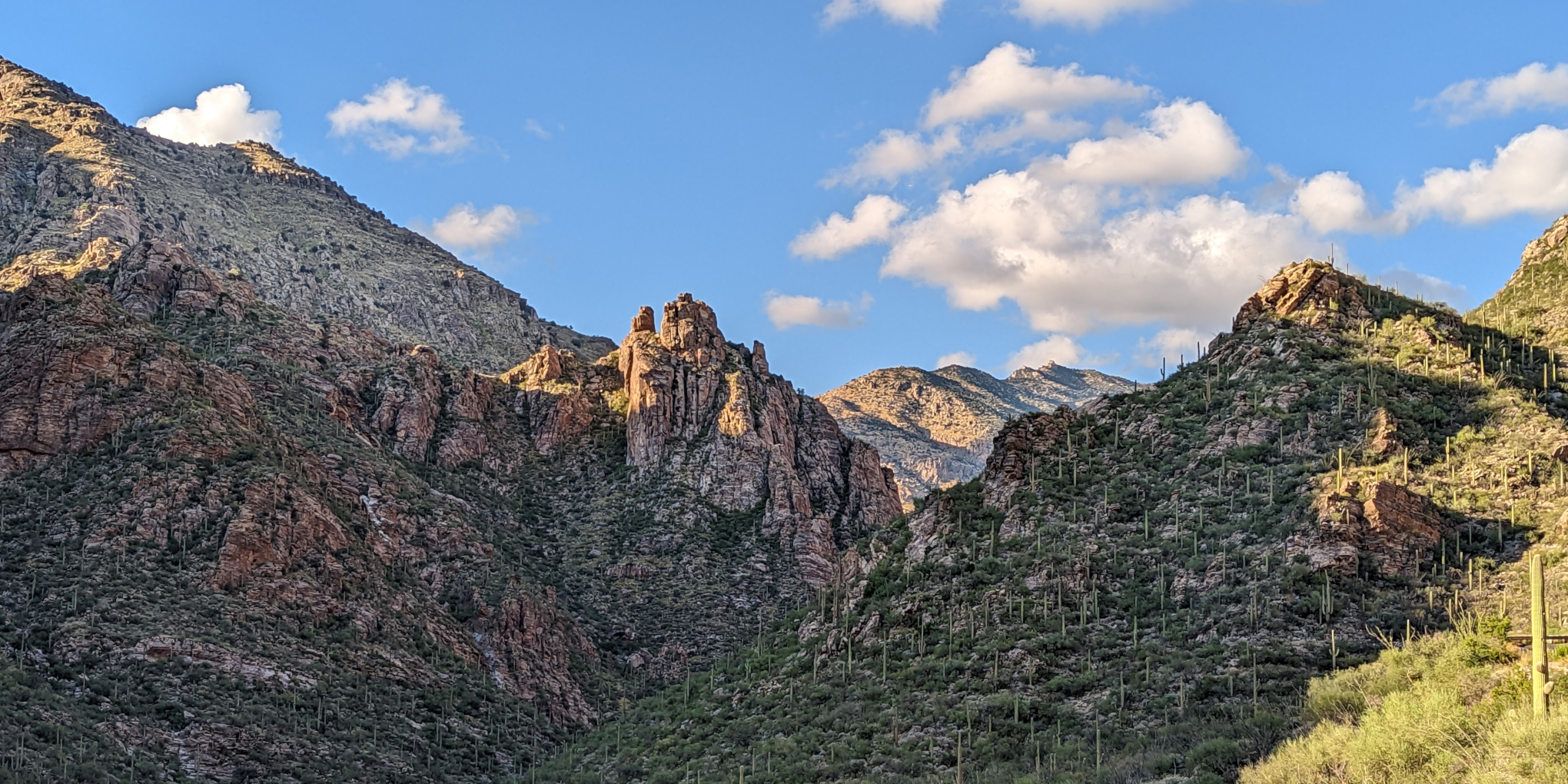Sometimes I wonder if the early version of the internet (the one that millenials grew up with) were too accepting of the “online edgelord” mentality. You know, the people who don’t believe their own words, just spouting stuff because it makes them look edgy and cool. Like, I know a younger me thought being edgy was cool, and I took that version of myself to online spaces - it wasn’t shut down like it should’ve been. However, I did end up growing out of it, only to realize my old friends never did. Even in their 30’s they still act like “top kek memelords” and are some of the saddest and loneliest people I know.
It kinda made me realize that “grown up people” online need to NOT put up with that crap. Like, zero tolerance, “Oh, your being an edge lord today? Temp ban - come back when you grow up”.
These same people, that were my friends back in high-school days often feel “persecuted” when they can’t be an edgelord anymore. After all, it was just SO NORMAL before. “It’s just a joke bro!”. And now every time they interact with society it’s through a lens of persecution because they can’t be as edgy as they want anymore.
THEN it get’s to bad faith bullshit as external bad actors feed the narrative that they “get” to be an edgelord and that’s what freedom of speech means - which then becomes a slide into alt-right and incel territory.
It’s exhausting, and honestly, I have a bit of myself to blame here - when I was more accepting of that type of behavior rather than pushing back on it. I even think that extends to the larger millenial cohort as well. We just kind of “accepted” 4-chan and the trash that came out of it for so long that many just feel entitled to be an edgelord these days.



I’m the instance admin of Tucson.social and I support this message.
You see, Lemmy is steeped in what I like to call “Tech bro culture” - maybe not the original devs, but definitely the community that espouses these “tips”. These folks, despite their education, often fail to understand how non-technical people think, or even just how less technical (but completely competent) folks think.
Let me tell you what it requires to host an instance:
And that’s just the TIP of the iceberg. Sure you can run a completely private instance that negates the need for heavy moderation, but you still need to protect that instance and make sure it works from a wide range of devices and networks.
So yeah, we see many instances that were created that are now dead or dying because the instance admins didn’t know they needed DDOS protection, or CAPTCHA, or any number of security tools, and now they are at the whim of bad actors or simply couldn’t keep up with the poorly documented changes that have now broken their instance.
Then, once you get past that issue, and you have a popular instance, then Regulatory Compliance becomes an issue. This is intrinsically linked to the ability to moderate the content. Sure, there are ways to automatically report illegal content, but in say, a NSFW community that’s a never ending battle that could could end up with a subpoena or 10.
So yeah, I recommend anyone who isn’t a seasoned Infrastructure / DevOps / InfoSec / Full Stack Engineer stay away from creating their own instances for now because those that do end up creating “Bot Bastions” that make the fediverse worse, not better.